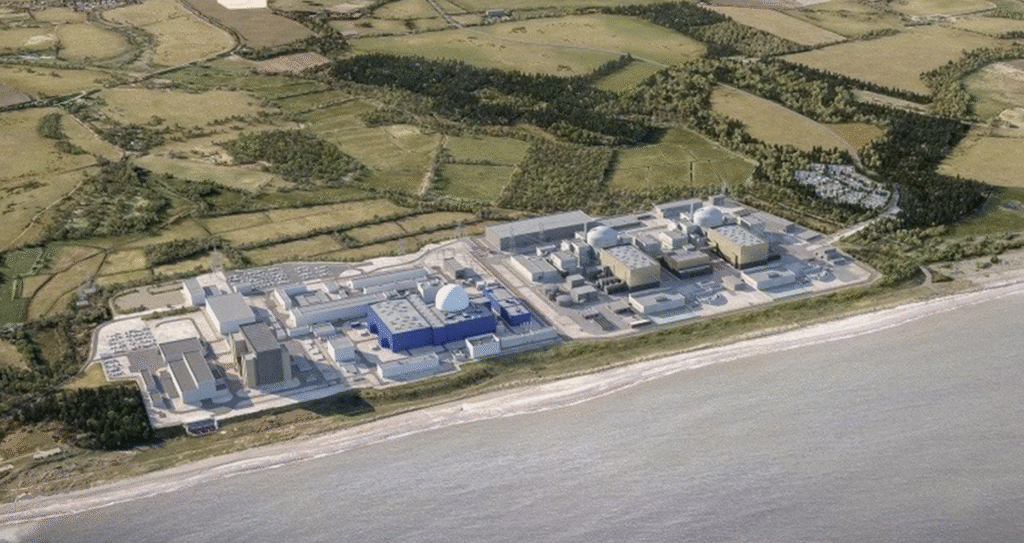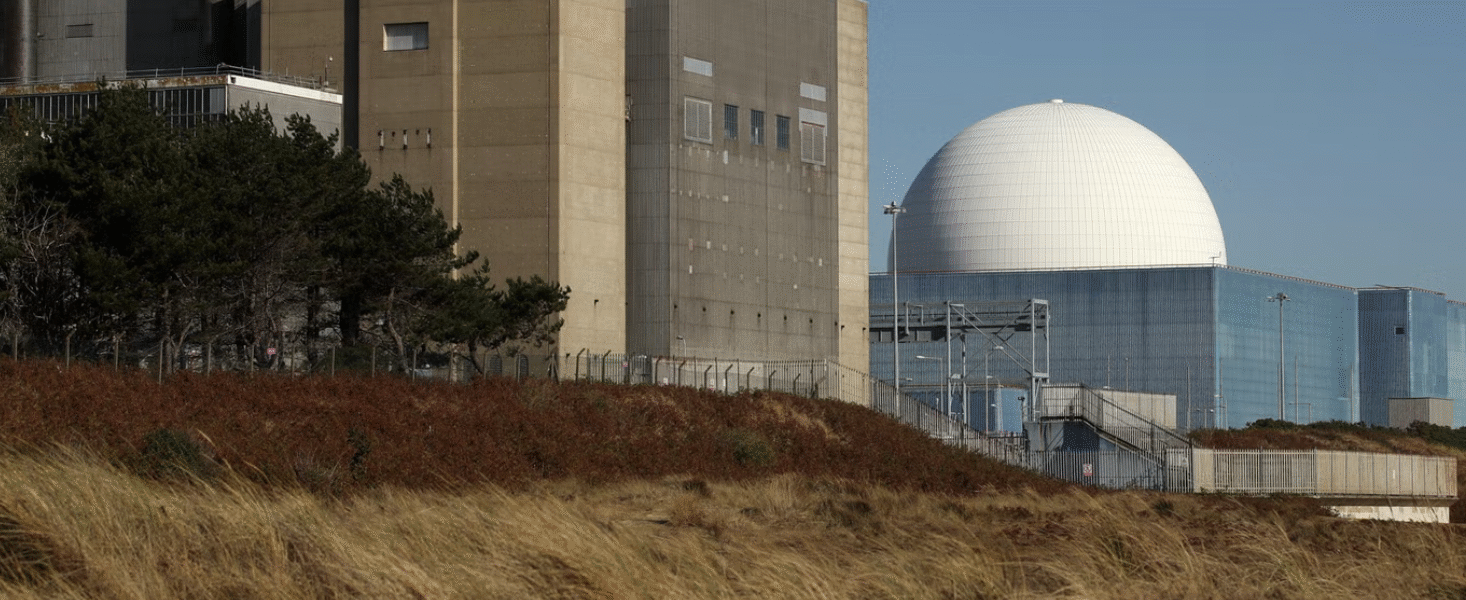The British government invests £14bn in Sizewell nuclear power plant as part of the UK’s energy security strategy

By Sean Rayment
The UK has agreed to take a £17.8 billion stake in the Sizewell C nuclear power plant in a move that the government claims will reduce carbon emissions and even make money for the taxpayer.
Ministers also said that the project could create up to 3,000 jobs and power the equivalent of three million homes.
The war in Ukraine has brought renewed focus on the UK’s energy security and Britain’s and Europe’s hitherto reliance on Russian oil and gas.
Ministers also set out proposals to kick-start a generation of small modular reactors (SMRs) that supporters claim can be built faster and more cheaply than traditional plants.
The government backed an SMR design developed by Rolls-Royce, which will receive £2.5 billion.
Under plans announced by Rachel Reeves, the Chancellor, the government will increase its investment in the project by £14.2 billion over the next three years, on top of £3.6 billion of public money committed under the Conservatives.
Further funding will come from the French energy group EDF, which is building the plant, as well as private infrastructure investors.
Whitehall sources said ministers decided to take a larger stake because they were confident it would provide a significant return to the taxpayer. Under the funding model, investors carry all the risk of cost overruns but are paid back through consumer bills and can make more money if the project comes in on time and on budget.
The company said it had learnt lessons from Hinkley, in Somerset, and can build Sizewell C, in Suffolk, faster and more cheaply.
However, it is still likely to cost much more than the estimated £20 billion in 2020 and will not produce power for at least another decade. The total cost will be set out this summer when external private investors are announced.
Ultimately, the project will be paid for via consumers’ electricity bills, adding about £1 a month to the cost of power over the 60-year lifespan of the plant.
The announcement is among investments in nuclear at the spending review, as part of the government’s pledge to decarbonise electricity supplies and cope with growing demand.
Ministers claimed the project could ultimately support up to 3,000 jobs at peak construction and power the equivalent of about three million homes.
The new money will be seen as a win for Ed Miliband, the Energy Secretary, who fought with the Treasury for significant capital investment in the government’s clean energy goals.
The development comes despite concerns in government about the financial and political cost of net zero, as both the Tories and Reform are pledging to rethink the UK’s climate commitments.
Miliband said that it showed the government would “not accept the status quo of failing to invest in the future and energy insecurity for our country”, adding: “We need new nuclear to deliver a golden age of clean energy abundance. That is the only way to protect family finances, take back control of our energy and tackle the climate crisis.”
Trade unions welcomed the move, which the Treasury said would go towards creating 10,000 jobs, including 1,500 apprenticeships. The GMB union said it was “momentous”. Warren Kenny, the regional secretary, said: “Sizewell C will provide thousands of good, skilled, unionised jobs and we look forward to … help secure a greener future.”






























































































































































































































































































